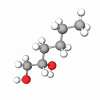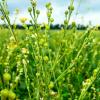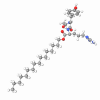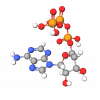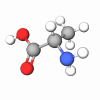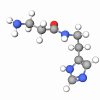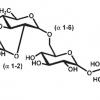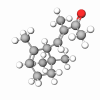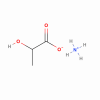Melanin synthesis is an oxidative process. While initial research seemed to show that melanin synthesis was solely controlled by tyrosinase, it has become increasingly apparent that the process is significantly more complex. Consequently, there are several routes by which melanogenesis can be slowed.
The most common means of minimizing pigmentation is by reducing the activity of the enzyme tyrosinase. This can be accomplished by blocking the production of the enzyme, inhibiting tyrosinase activity, or preventing the uptake of tyrosinase by the melanosomes. Hydroquinone is used commonly in cosmetic preparations as it is currently the only US FDA monographed skin lightener on the market.
Ferula Foetida Root Extract is an extract based on Ferula foetida resin. When injured, the root of this plant produces a yellow, odiferous resin. Traditionally, the resin has been used in many Ayurvedic and Chinese medicines as a stimulant for intestinal, respiratory, and nervous system functions.
The main constituents of dried are the resin (containing high levels of ferulic acid esters), complex carbohydrates, and essential oils (comprised of sulfur compounds and terpenes. Ferula Foetida Root Extract has been produced by extracting the resin in water and glycols. The resulting product exhibits strong in vitro anti-tyrosinase activity.Tyrosinase is the enzyme responsible for the conversion of DOPA to DOPAquinone, the initial conversion step in the synthesis of melanin. By working to decrease the amount of tyrosinase activity present, the conversion of DOPA to DOPAquinone is reduced. Ferula Foetida Root Extract inhibits the precursory steps that result in an overall reduction of melanogenesis, thereby evening skin tones and promoting skin lightening.

